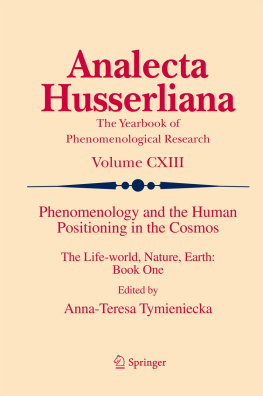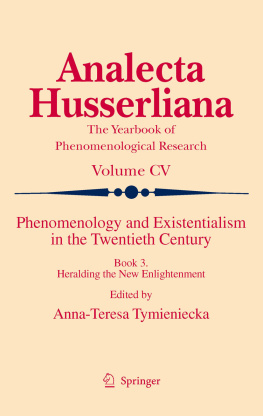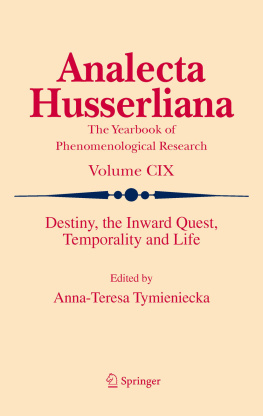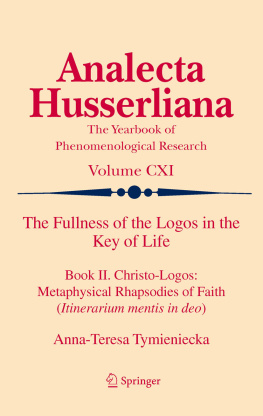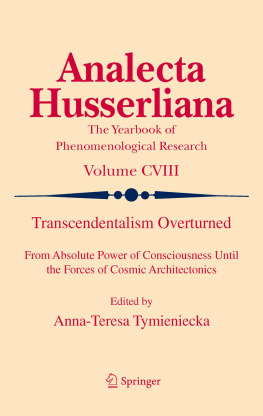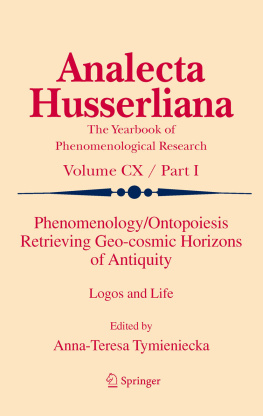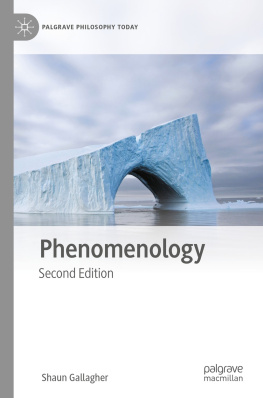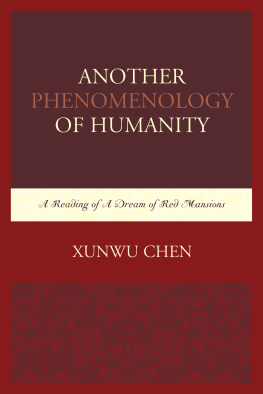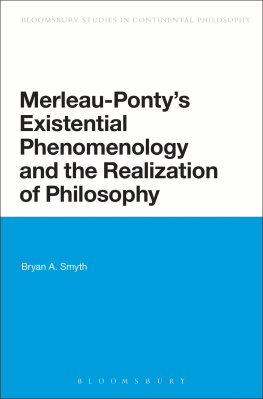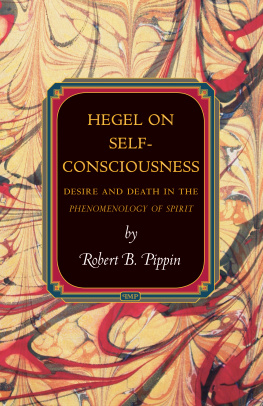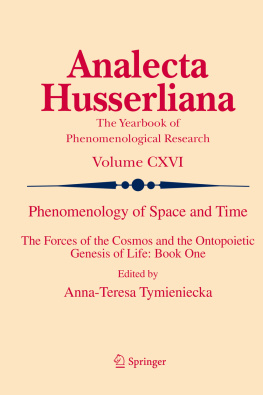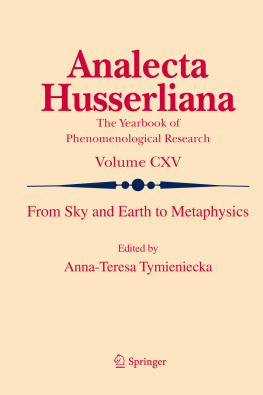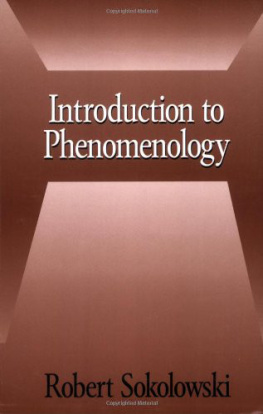A-T. Tymieniecka (ed.) Analecta Husserliana The Yearbook of Phenomenological Research Phenomenology and the Human Positioning in the Cosmos 2013 The Life-world, Nature, Earth: Book One 10.1007/978-94-007-4801-9_1 Springer Science+Business Media Dordrecht 2012
Cosmo-Transcendental Positioning of the Living Being in the Universe in Anna-Teresa Tymienieckas New Enlightenment
Abstract
The latest focus of Anna-Teresa Tymieniecka on the phenomenological investigation of transcendentalism is placed in the context of modern science, taking into account the fact that the compartmentalization of science, so beloved by positivist thinkers of the nineteenth century, has not yielded the expected answers to the questions of the nature of human consciousness, and that neither has the Husserlian transcendental reduction since it does not resolve the problem of the dichotomy of matter and mind. Tymienieckas inclusion of cosmos is the most important component of her search for rationality as tied to the evolutionary progress of nature and the emergence of human creativity as the stimulus to the development of human culture with its aesthetic, moral, and intellective senses. These intellective senses and their corresponding passions have been the subject of numerous volumes of the Analecta Husserliana series. According to Tymienieckas philosophy, Imaginatio Creatrix liberates the human spirit from one-sided dependence on nature and opens it to the acts of interpretation of organic processes. The creative act is an act of self-individualization. Moreover, the evolution of the universe is to be seen as fundamentally connected to the process of self-individualization.
Already in 1962 in her Phenomenology and Science in Contemporary European Thought , Tymienieckas interest in science so crucial to her developing philosophy was based on the notion of meaning. Thus, only meaning allows ontological continuity because only conscious acts bring out crystallized themes among multiple heterogeneous objects and events. Even in the absence of consciousnessTymieniecka stresses the relationship between the mental and physical; she sees no usual emphasis on dualism. Rather, her view of reality encompasses three ontological categories: the physical, the vital, and the meaningful; though conceptually they are distinguished, even when not experienced, they are always present. On the one hand, the individual transcends the natural processes of nature in acts of creation in relations with other human beings and their existing social horizons, and, on the other hand, in relation to the entire cosmos. As mentioned, the process of self-individualization underlies the evolution of the universe. Thus, all sciences are to be treated as having a common base, without the standard classification.
These grounding ideas of Tymienieckas philosophical work, already espoused in 1962, are further elaborated in her 1964 study of Kant, published in Kantstudien , in which she investigates two questions essential to her study of consciousness: What is the constructive emergence of the world for human consciousness and what is its involvement in the universe of cognition? In her study she criticizes the typical twentieth-century phenomenological mantra that objects are only accessible within consciousness. She observes that, as a result of this mantra, there is no way to account for continuity of perception, and there is no explanation of how the multiplicity of perceptual aspects can lead to a unified mental construct. She criticizes Gurwitsch and Merleau-Ponty for their embrace of passive synthesis, that is, for their interpreting of perceptual objects internal condition as being purely formal, dependent on the noematas internal features. She points out the major problem with the unifying of the various phases of the perception of an object when adopting a passive procedure in the construction of a perceptual object. However, Tymieniecka stresses the need to recognize the active function of consciousness in perception, the function of interpretation, and also interpretation and correction. This originary constitutive variation of any idea is based on the Husserlian concept of eidetic variation, though she adjusts it to her own line of thought. This originary constitutive variation is responsible for an organization of perceptual chaotic multiplicity into significant fields (374). This is an important step in Tymienieckas philosophical development because it establishes a crucial link with her present investigation of the flux and stasis problem. In other words, it is in the 1964 study that Tymieniecka establishes her distance from the Kantian and Husserlian approaches to the notion of transcendentalism. In contrast to Kants transcendental idealism, she underscores the autonomous status of the object of perceptual content as guaranteed by the noetic laws of consciousness. Thus, there is no meaning without the sensory manifold being assumed into consciousness. And, in contrast to Husserl, in her 1965 Existence Vindicated or A Hundred Real Dollars, she re-established trust in the world as the system of connections and interconnectiveness of the individual within the world.
What Tymieniecka will add to this vision of the world and the individual is ultimately the cosmic dimension, introduced in her 1964 work Leibniz Cosmological Synthesis and the 1966 book Why Is There Something Rather Than Nothing . In the Leibniz study she is now firmly committed to elaborating a theory which will deal with the issue of continuity in development and spontaneity in the constitution of individual reality, as well as the presence of patterns of stasis in flux and chaos. Her stress on universal interconnectedness in her first work is reinforced as the intrinsic [and] constant functional system of beingsseen as integral elements of the framework of actual existence (4) in the latter. She now fully explores the life course of the individual, an entire process of individual development that involves a principle of creativity, allowing for botha particular intrinsic design and individual spontaneity. Tymieniecka states that the individual lacks both sufficient reason and final end (71). As a result, the individuals sufficiency can be justified only by the world totality (76). Thus, humankind has a constitutive function, but this function is restricted by the larger constitutive system of the universe/cosmos. Tymieniecka, at this point, is ready to explore boththe principle of human individualization through the creative experience, on the one hand, and the cosmic dimension of existence in the world in its entirety.
Tymienieckas four-volume Logos and Life makes a point to treat phenomenology as a philosophy dealing with the whole experience, refusing to view the relationship of cognition and reality as being antithetical. Thus, human creativity allows going beyond the limits of objectivity. It is a process in which the natural world is transcended, thanks to pre-intentional forces. As a result, creativity allows the individual to go beyond the transcendental horizon framed by intentionality and the horizon of survival values provided by nature. It also allows one to transcend the pre-established intentional system and, finally, it provides means to thematize a pre-intentional analysis of human life. Thus, Tymienieckas critique of knowledge refutes the notion of pure consciousness as the ultimate foundation of true knowledge. Instead, she stresses that knowing and being are inseparable in constitutive consciousness.
The fourth volume of Logos and Life (2000) is an expanded treatment of this conviction. In other words, Logos and Life are inseparable. She further elaborates on the architectonic structure of the Logos along with its dynamism. The two sides co-exist because without each others co-presence there would be either stasis or chaos. Instead, there is stability in the midst of change.

